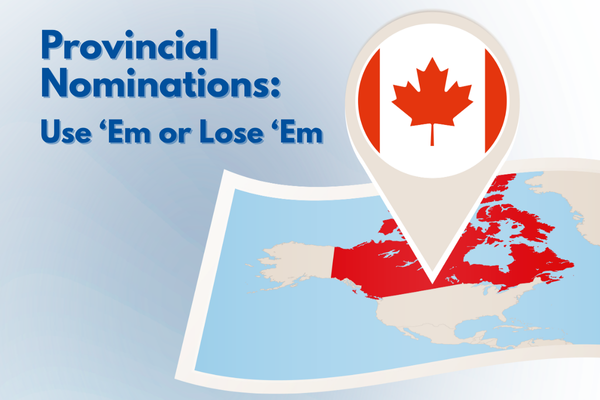Are you dreaming of a new life in Canada? Rural Canada offers unique and exciting opportunities that might be perfect for you. Here's a look at why moving to these areas can be a great choice and how to get started.
Why Consider Rural Canada?
1. Peaceful Lifestyle: Rural areas are known for their quiet and spacious environment. It's a big change from the busy city life, offering a calm and friendly community.
2. Job Opportunities: Many rural areas in Canada are growing fast and need more workers. Jobs in farming, health care, and technology are often available.
3. Affordable Living: In rural Canada, the cost of living is usually lower. This means you can save money on housing and other daily expenses.
Special Immigration Programs
Canada has special programs to help people move to rural areas. These programs are designed to make your move smoother and support you as you settle in your new home.
1. Rural and Northern Immigration Pilot: The Rural and Northern Immigration Pilot (RNIP) is a community-driven program. It’s designed to spread the benefits of economic immigration to smaller communities by creating a path to permanent residence for skilled foreign workers who want to work and live in one of the participating communities.
2. Atlantic Immigration Program: The Atlantic Immigration Program is a pathway to permanent residence for skilled foreign workers and international graduates from a Canadian institution who want to work and live in 1 of Canada’s 4 Atlantic provinces—New Brunswick, Nova Scotia, Prince Edward Island or Newfoundland and Labrador. The program helps employers hire qualified candidates for jobs they haven’t been able to fill locally.
3. Provincial Nominee Programs (PNP): The provincial nominee program (PNP) is for workers who
- have the skills, education and work experience to contribute to the economy of a specific province or territory
- want to live in that province or territory
- want to become permanent residents of Canada
Each province and territory has its own “streams” (immigration programs that target certain groups) and requirements.
For example, in a program stream, provinces and territories may target
- students
- business people
- skilled workers
- semi-skilled workers
How to Start?
1. Research: Learn about different rural areas in Canada and what they offer. Check if they have special programs for people moving from other countries.
2. Check Eligibility: Each program has its own rules on who can apply. Make sure you meet these requirements before you apply.
3. Prepare Your Application: Gather all the needed documents such as your resume, language test results, and any work references. Make sure everything is complete and clear.
4. Apply: Once you choose a program and prepare your application, it's time to apply. Follow the instructions carefully to make sure your application is accepted.
Moving to rural Canada can be a big step towards a new and exciting life. With special immigration programs, the process can be easier and faster. Start planning today and you could soon be enjoying the beautiful landscapes and welcoming communities of rural Canada.
For more information on how to apply and get started, visit immigrate.biz.

